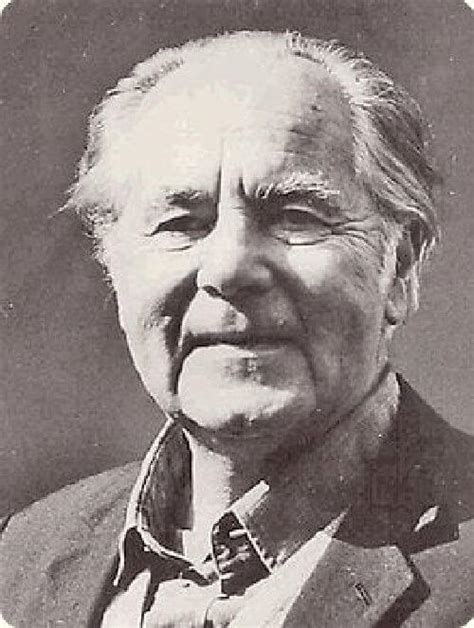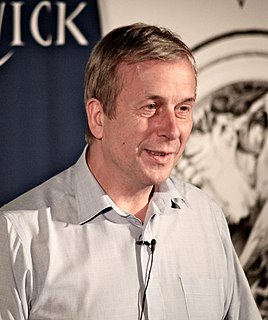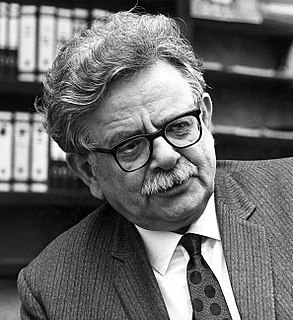A Quote by Medard Boss
Whether he is aware of it or not, every human being dwells in tradition and history. Human memory is this constant dwelling in tradition. It constitutes that fundamental human characteristic of historicity.
Related Quotes
It is my fundamental conviction that compassion - the natural capacity of the human heart to feel concern for and connection with another human being - constitutes a basic aspect of our nature shared by all human beings, as well as being the foundation of our happiness. All ethical teachings, whether religious or nonreligious, aim to nurture this innate and precious quality, to develop it and to perfect it.
God is not a Christian, God is not a Jew, or a Muslim, or a Hindu, or a Buddhist. All of those are human systems which human beings have created to try to help us walk into the mystery of God. I honor my tradition, I walk through my tradition, but I don't think my tradition defines God, I think it only points me to God.
I believe in recognizing every human being as a human being--neither white, black, brown, or red; and when you are dealing with humanity as a family there's no question of integration or intermarriage. It's just one human being marrying another human being or one human being living around and with another human being.
The urge to break with a tradition is only appropriate when you're dealing with an outdated, troublesome tradition: I never really thought about that because I take the old-fashioned approach of equating tradition with value (which may be a failing). But whatever the case, positive tradition can also provoke opposition if it's too powerful, too overwhelming, too demanding. That would basically be about the human side of wanting to hold your own.

































